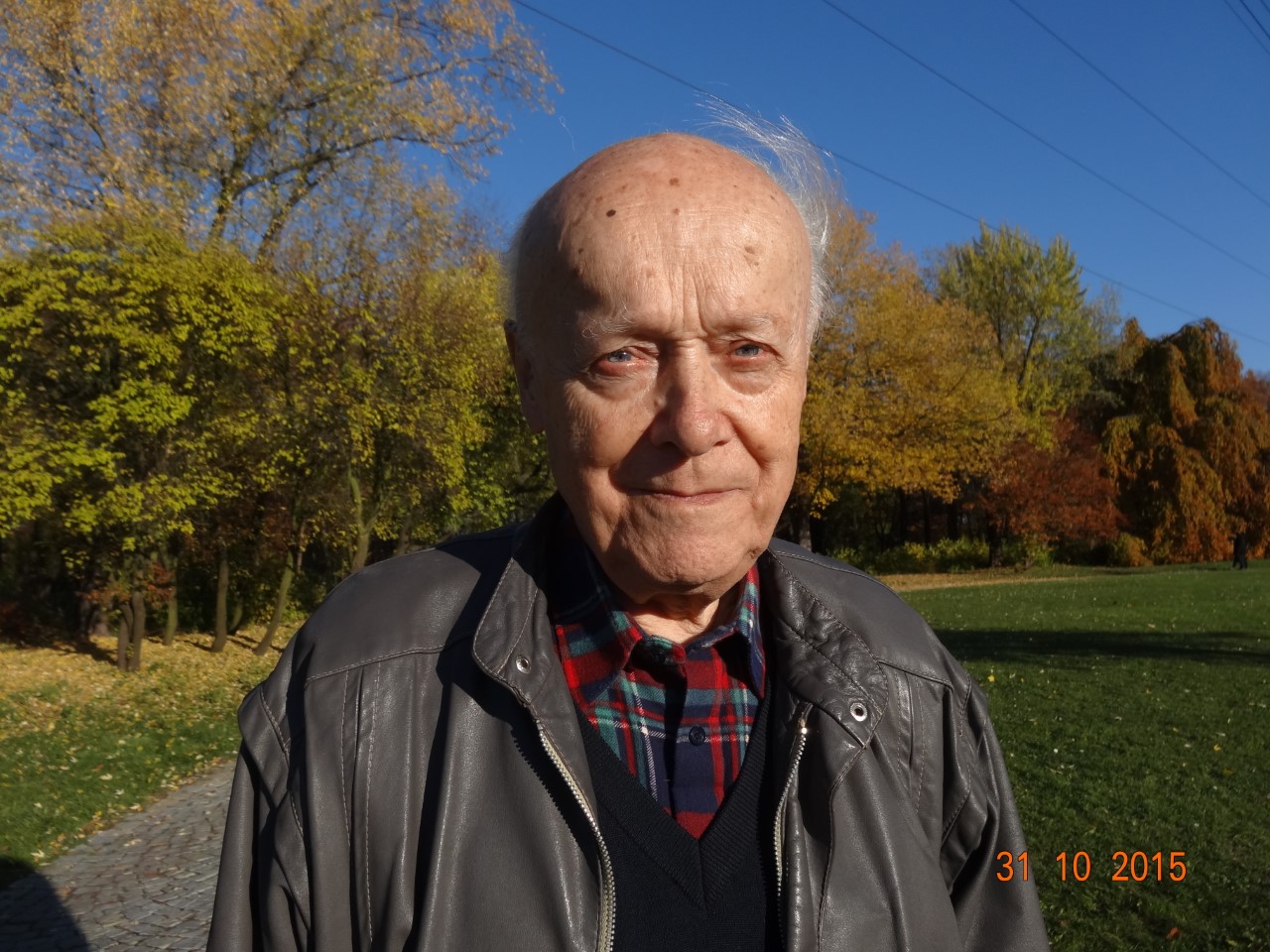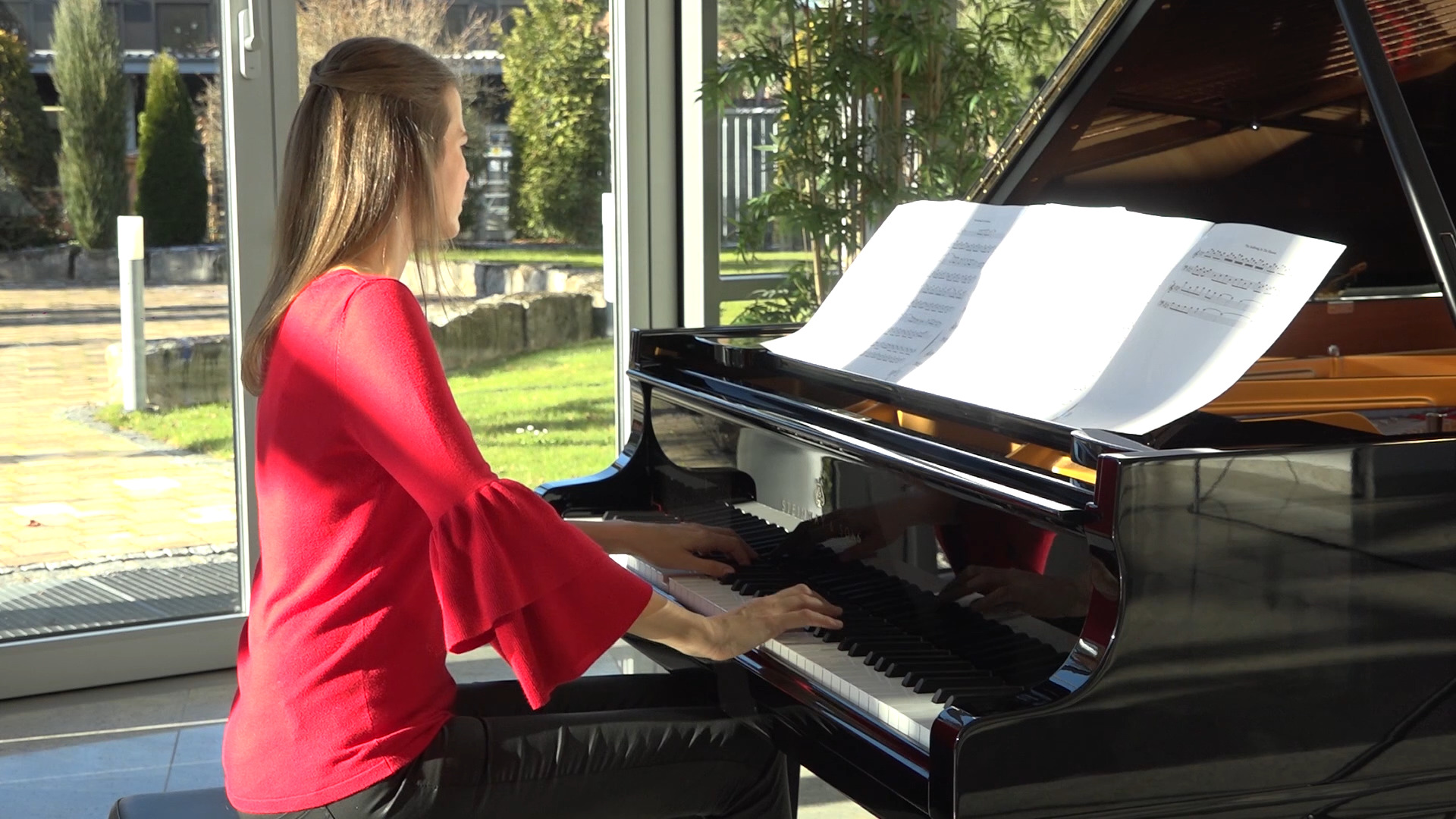About
Jiri Laburda, composer from the Czech Republic, born on April 3, 1931, has acquired his love for music from his parents and received elementary musical training in his native town of Sobeslav. His attitude to music in general, and composition, in particular, was also shaped by the Czech composers Karel Haba, Zdenek Hula and the musicologist, Eduard Herzog.
Between 1952 and 1955, Laburda studied at the Pedagogical Faculty of Prague's Charles University and later on at the Prague Teacher Training College (1957-1960). In 1970, he received the title of Doctor of Philosophy, his doctoral thesis being entitled The Symphonies of D.D.Schostakovitch. His treatise, Didactic Problems of Modern Textbooks of Harmony, completed in 1973, is now part of his university textbook, Diatonic Harmony, Volumes I-III.

